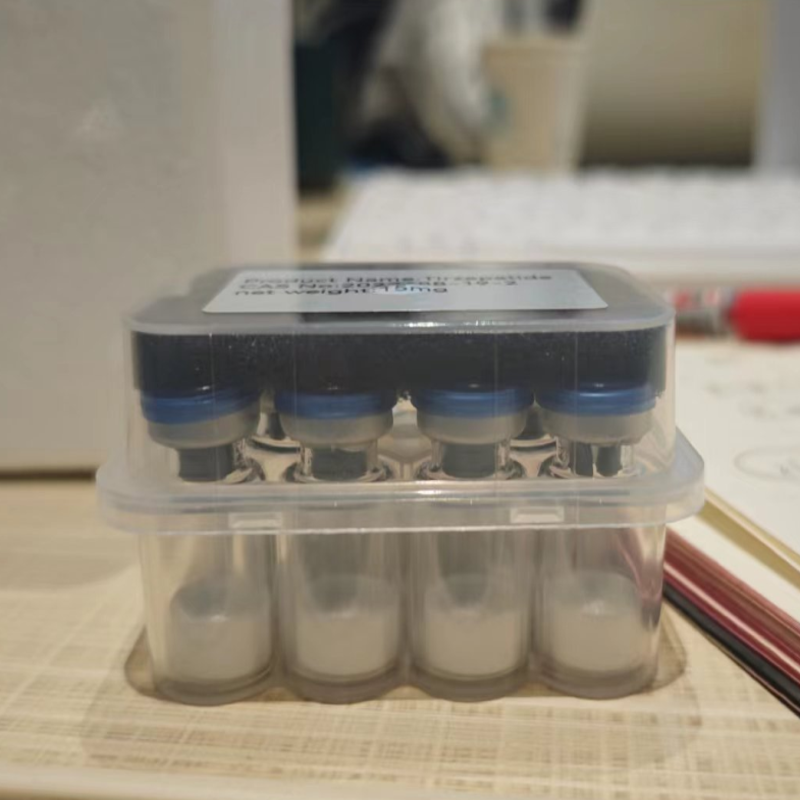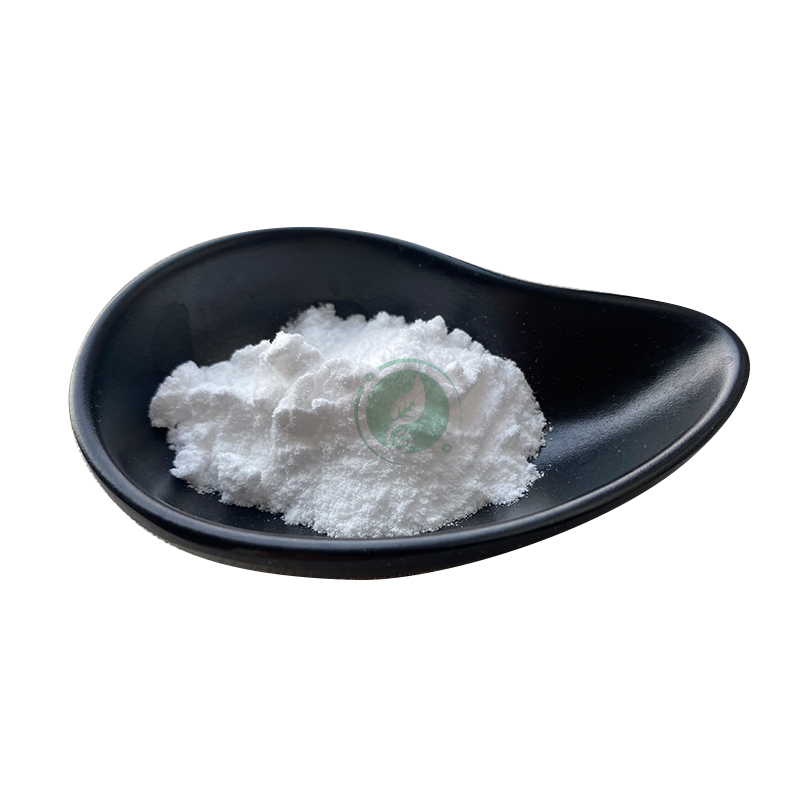-
Categories
-
Pharmaceutical Intermediates
-
Active Pharmaceutical Ingredients
-
Food Additives
- Industrial Coatings
- Agrochemicals
- Dyes and Pigments
- Surfactant
- Flavors and Fragrances
- Chemical Reagents
- Catalyst and Auxiliary
- Natural Products
- Inorganic Chemistry
-
Organic Chemistry
-
Biochemical Engineering
- Analytical Chemistry
-
Cosmetic Ingredient
- Water Treatment Chemical
-
Pharmaceutical Intermediates
Promotion
ECHEMI Mall
Wholesale
Weekly Price
Exhibition
News
-
Trade Service
As the sensitivity and speed of analytical instruments (gas and liquid chromatographs plus mass spectrometers) increase, forensic scientists may find that they are still subject to the process of preparing samples (blood, urine, etc.
In an article in the Wire Forensic Medicine Journal, researchers from the Boston University School of Medicine (BUSM) Biomedical Forensic Medicine Program outlined information on sample preparation techniques and conventional sample types that may be encountered in forensic toxicology cases
Forensic toxicology covers a wide variety of situations, including crimes caused by drugs, understanding the possible role of alcohol or other drugs in personal death, and the complex multiple drug use situations in driving under the influence
According to the researchers, the choice of biological matrix depends on the expected answer that toxicologists want
Like instruments, sample preparation tools have evolved over time
"When researchers try to identify substances that may be present in the human body, they have many biological samples to choose from, but it is important to choose the correct sample to help answer their research questions
###







